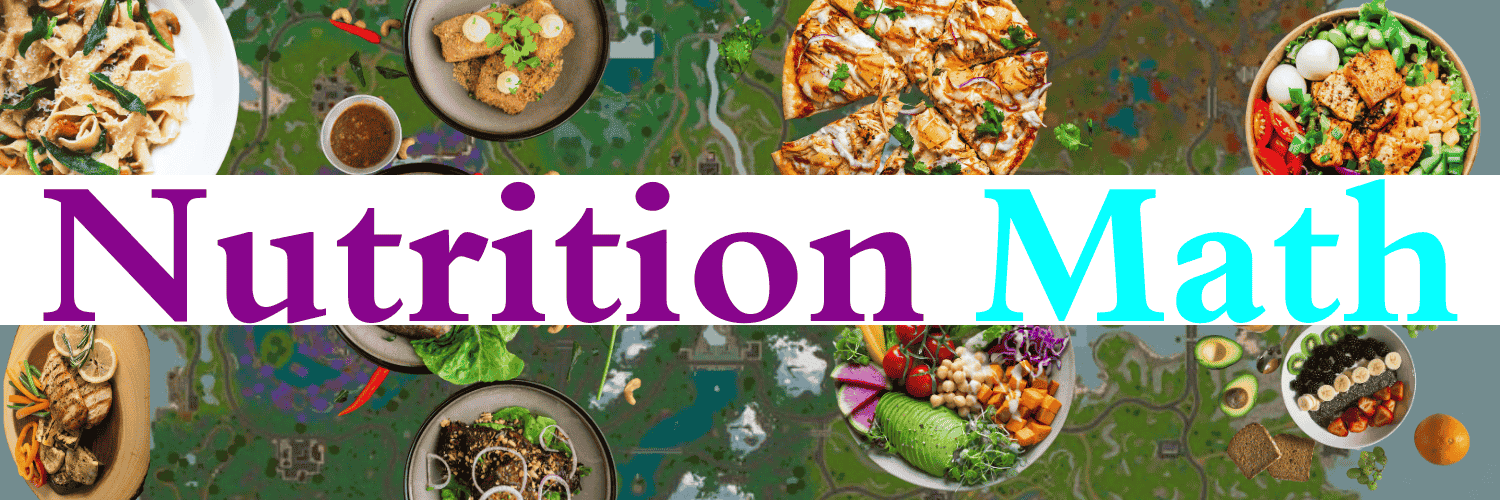Introduction
Your plate and your pillow have more in common than you might think. As we dive into 2025 wellness trends, the connection between nutrition and sleep stands out as a game-changer for overall health. What you eat can either set you up for a night of deep, restorative rest—or leave you tossing and turning. Let’s explore how diet influences sleep quality and uncover the foods that help or harm your rest.
Why Sleep Matters for Overall Health
Sleep isn’t just downtime—it’s a cornerstone of well-being. Skimp on it, and your body pays the price. Here’s why it’s non-negotiable:
- Brain Function: Sleep clears out toxins and consolidates memories, keeping your mind sharp. Miss it, and focus, creativity, and decision-making tank.
- Physical Recovery: Muscles repair, hormones balance, and your immune system recharges overnight. Poor sleep weakens defenses and slows healing.
- Mood Regulation: Ever notice how irritability spikes after a bad night? Sleep stabilizes emotions by calming the amygdala, your brain’s stress center.
- Heart Health: Consistent rest keeps blood pressure and inflammation in check, cutting risks of heart disease.
Fact: Adults need 7-9 hours of sleep nightly, yet studies show chronic sleep deprivation affects over a third of people globally—making diet an easy lever to pull for better rest. Learn more about sleep needs.
Foods That Boost Sleep Quality
Certain foods act like natural sleep aids by tweaking brain chemistry or soothing your system. Here’s your bedtime grocery list:
| Food | Benefit |
|---|---|
| Tart Cherries | Rich in melatonin, they extend sleep time and efficiency. |
| Almonds | Packed with magnesium and tryptophan for relaxation. |
| Fatty Fish (e.g., Salmon) | Omega-3s and vitamin D boost serotonin for deeper sleep. |
| Kiwi | Antioxidants and serotonin precursors speed up sleep onset. |
Foods That Sabotage Sleep
Not everything on your plate is sleep-friendly. These culprits can keep you wired or uncomfortable:
- Caffeine: Found in coffee, tea, and chocolate, it blocks sleep-inducing adenosine. Learn more about caffeine and sleep.
- Sugary Snacks: Candy or pastries spike blood sugar, disrupting rest cycles.
- Heavy Meals: Fried or fatty foods linger in your gut, causing reflux.
- Spicy Dishes: They heat you up and irritate digestion—bad news for sleep.
Timing Your Eats for Better Zzz’s
When you eat matters as much as what you eat. A hefty dinner right before bed keeps your stomach churning when it should be resting. Aim to finish big meals 2-3 hours before lights out. Hungry at bedtime? A light snack like a banana with nuts or a small bowl of oatmeal can stabilize blood sugar without overloading your system. Read more about meal timing and sleep.
Key Takeaways
- Go Bold with Nutrients: Load up on tryptophan, magnesium, and melatonin-rich foods.
- Avoid the Traps: Skip caffeine, sugar, and heavy fats late in the day.
- Time It Right: Balance meal timing to sync with your sleep rhythm.
Conclusion
In 2025, wellness is all about bold choices—vibrant foods, smart timing, and prioritizing sleep as a health superpower. By tweaking your diet with sleep-friendly picks like tart cherries or almonds and dodging late-night coffee or spicy tacos, you’re not just eating well—you’re resting better. Ready to sleep like a pro? Your next meal could be the key. Explore more about nutrition and sleep.




